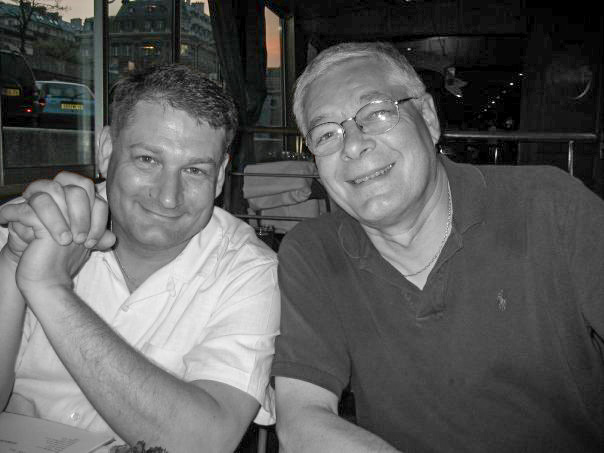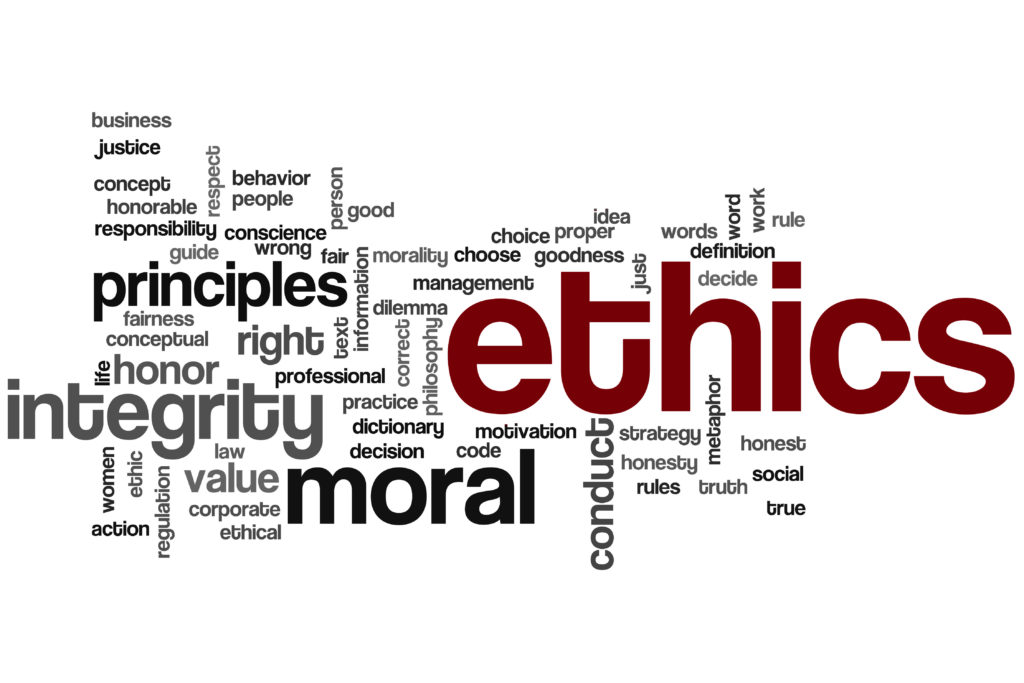Sexual assault is a vile, horrific and unconscionable act of violence — there are few crimes that evoke as much emotion and outrage — and efforts the eradicate it from the military have swept the nation, with the President, Vice-President, Congress and military leaders all joining the bandwagon of reform to prevent it and hold perpetrators accountable. Laudable goals that I think have gone too far. I will start with a little background.
After duty as a civilian defense counsel (CDC), trial counsel (TC), senior defense counsel (SDC) and brigade judge advocate (BJA), in August 2008, I assumed the duties as Chief of the Defense Counsel Assistance Program (DCAP) in the United States Army. My primary duties were to coordinate litigation training for all the criminal defense lawyers (U.S. Army Trial Defense Service) in the U.S. Army, both active duty, and reserves. One of the first meetings I attended as Chief of DCAP involved how the U.S. Army JAG Corps was going to address the perceived crisis surrounding sexual assault in the military. Also at this meeting was the Chief of the Trial Counsel Assistance Program (TCAP), members of the trial judiciary, representatives from the Office of The Judge Advocate General’s (OTJAG) Criminal Law Division and several other military justice elders in the JAG Corps. In no uncertain terms, the message was that the Secretary of the Army wanted us to address the issue of combating sexual assault and improving the prosecution of such cases — it was clear that there was money to be spent and that if we did not correct the perceived problem internally, Congress would “fix it.”
Born out of this initial meeting (and others) were several efforts to combat the perceived sexual assault crisis in the Army, including the Additional Skill Identifier (ASI) program where judge advocates could get a “specialized” rating in military justice, the Army Special Victim Prosecutor (SVP) program where experienced and skilled litigators were assigned to oversee all sexual assault cases in the Army, new sexual assault training programs were developed and implemented, and the Highly Qualified Expert (HQEs) program was implemented where renowned civilian sex crimes prosecutor & defense counsel were hired to advise and train judge advocates trying sexual assault cases.
After my tour as Chief of DCAP, in 2010, I was assigned as an SVP responsible for overseeing all sexual assault trials for most of Germany, Italy, Kuwait, Iraq and Afghanistan. Over the course of the next four years, I tried dozens of sexual assault cases and trained hundreds of young prosecutors to litigate sexual assault cases. One of those cases was United States v. Sinclair — the first time in memory the Army was prosecuting a General Officer for an allegation of sexual assault. After the case had been set for trial and delayed multiple times, the U.S. Army had implemented the Special Victim Counsel (SVC) program — and this is the point where “combating sexual assault” programs developed a life of its own, and efforts to improve prosecutions began to erode the rights of the accused.
Ultimately, I refused to prosecute United States v. Sinclair — and contrary to the fanciful narrative of certain folks — I could not in good conscience prosecute a case based on uncorroborated testimony of a “victim” who repeatedly lied to me and in open court, under oath. A few months earlier, my father suffered a psychotic break and was diagnosed with a sudden onset of vascular dementia and cerebellum atrophy. As his “medical POA,” I moved him from a mental hospital to a memory care facility and back three times in a short period. His condition rapidly declined. I was unable to attend the hearing where the new prosecutor was defending a defense motion to dismiss based on unlawful command influence (UCI) because earlier that week I made the gut-wrenching decision to pull my dad off life support — a decision I wish on none. I chose to be with him as he passed.
The motion was partially granted, and the government ultimately accepted the offer to plead guilty. Partly because of the case, partly because of the death of my father, and partly because of other opportunities, I resigned from the U.S. Army after 17 years, 11 months and 14 days of active duty and joined the U.S. Army reserves — I took a couple of years off from military justice and concentrated on defending securities fraud litigation. This sabbatical from military justice and sexual assault cases has given me a renewed perspective, and I do not like what I see.
On February 1, 2016, I opened the Law Office of Will M. Helixon. I was refreshing to return to military justice as a court-martial defense lawyer, and more importantly, a military sexual assault defense lawyer. After spending a month reviewing what had happened in my absence — I was left with an undeniable conclusion — the pendulum has swung too far! The rights of the accused are being infringed upon in an effort to increase the number of convictions while at the same time shielding alleged victims from the critical inquiry we demand from all other victims of crime. Changes to the UCMJ are designed to make it easier to prosecute sexual assault cases, not ensure justice or protect the rights of the criminally accused. Unlike murder, manslaughter, kidnapping, elder abuse, aggravated assault, armed robbery, maiming, and other assault cases, there is now “team of teams” standing behind every sexual assault allegation.
It starts with commanders and leaders who are now evaluated on “fostering a climate free of sexual assault.” Failure to garner positive comments regarding fostering this climate is a career killer, and failure to recommend prosecution of otherwise weak or marginal cases can be seen as not fostering this positive environment. An allegation of sexual assault is now automatically reported to CID or other equivalent military law enforcement, where it is now investigated by a team led by a Special Victim Investigator — who has been specifically trained to investigate sexual assault cases. The mere allegation triggers the involvement of the SVP, who oversees the case, and is assisted by the Special Victim Paralegal. In addition to the alleged victim getting the services of family advocacy and victim advocates, he or she is now entitled to a Special Victim Witness Liaison, and here own lawyer, a Special Victim Counsel. Within 72 hours, the alleged victim is entitled to an expedited transfer to another installation, and failure to grant such a request could be seen as not “fostering a climate free of sexual assault.” Combined with the training that all prosecutors receive that instruct them to believe the witness, regardless of how unbelievable he or she may be, the time to say ENOUGH IS ENOUGH! We have a moral imperative to prevent the erosion of the rights of the criminally accused, even in the face of otherwise deplorable criminal conduct.

I will be posting a series of blogs addressing these and other problems with how the Army now trains, investigates and prosecutes cases were victims allege they were sexually assaulted. Please join the dialogue as I write this series — coming next — a discussion on how training prosecutors to “always believe the victim” combined with unique aspects of military service and certain sexual assault programs increases the risk of false allegations of sexual assault in the military.
Don’t get me wrong — sexual assault is a heinous crime and those who perpetrate it should be held accountable and punished. Programs should exist to encourage reporting, and qualified advocates should provide services to victims. Experienced and skilled prosecutors should be leading the charge to convict those who committed such acts. However, we should not erode the system of protections afforded the accused to make it easier to garner such convictions. I believe we are now on that treacherous road.
Miss ya dad.